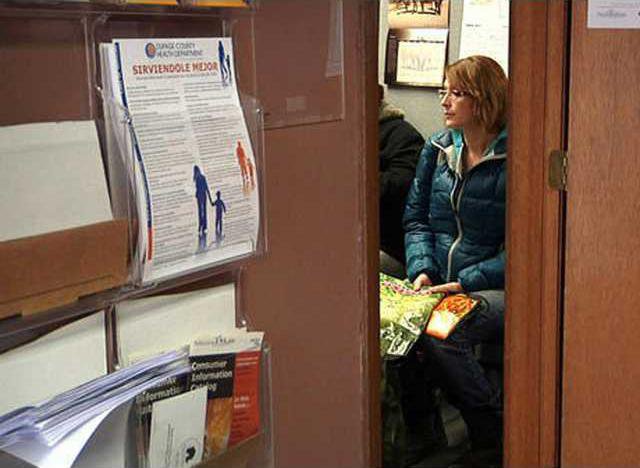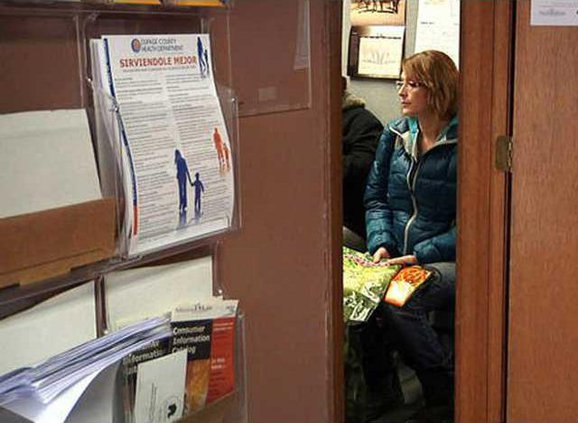Even after a recession, many Americans still haven't prepared for a possible job loss, according to a new Gallup poll.
The poll found that 14 percent of U.S. workers said they could go just one week before "experiencing significant financial hardship" if they lost their job.
Twenty-nine percent said they could go a month, while 26 percent said it would be four months before they had trouble. About one third (31 percent) said they could survive for a year or longer before the financial hardship hit them.
But these are just perceptions. The poll doesn't check people's' actual preparation. It also isn't clear why there has been so little movement on these perceptions over time. They have been stable for more than a decade - even with a recession in the middle.
Gallup notes that one reason why more Americans workers may not be better prepared is because they do not anticipate losing their employment. Only 16 percent of workers said they are "very" or "fairly" likely to be fired or let go in the next year, the poll found.
This last stat, thinking about the high likelihood about getting let go, does have some fluctuation, jumping up to 21 percent in 2010.
The lack of preparation isn't limited to the United States.
Shelter, a charity in the United Kingdom, said in new research that 44 percent of working families in that country would only be able to pay for one month's housing payment if they lost their job, according to the Mail Online. "Twenty-nine percent of families - around 2.4 million household - faced the threat of immediate eviction because they had no savings at all," the Mail Online reported.
The lack of savings exists, again, "despite signs the economy is recovering," the Mail reported.
Only a few months ago, a Washington Post-Miller Center poll found that more than six in 10 workers worry that they will lose their jobs to the economy, the Washington Post reported.
"Nearly one in three, 32 percent, say they worry 'a lot' about losing their jobs," the Washington Post reported, "also a record high, according to the joint survey, which explores Americans' changing definition of success and their confidence in the country's future."
If the Gallup poll's results are correct, knowing how long a person may be out of work might be of some use. Analysis by FiveThirtyEight found that the biggest predictor of how long people will be out of work is the state of the economy when those people lose their jobs.
"Over the past 15 years, a period spanning two recessions, a one-point increase in the unemployment rate increased an individual's odds of remaining unemployed for at least a year by about 35 percent," FiveThirtyEight reported. "No other characteristic - age, sex, race, marital status, education or occupation, among others - had even close to that big an effect."
Those who lost their jobs in 2009 were more than four times as likely to end up out of work for a year or longer than those who lost their jobs in 2007 before the recession hit, FiveThirtyEight said.
When a person loses a job may, however, be hard to control. How prepared a person may be for that eventuality may be a different story.
Email: mdegroote@deseretnews.com
Most Americans still not prepared for job loss


Sign up for the Herald's free e-newsletter